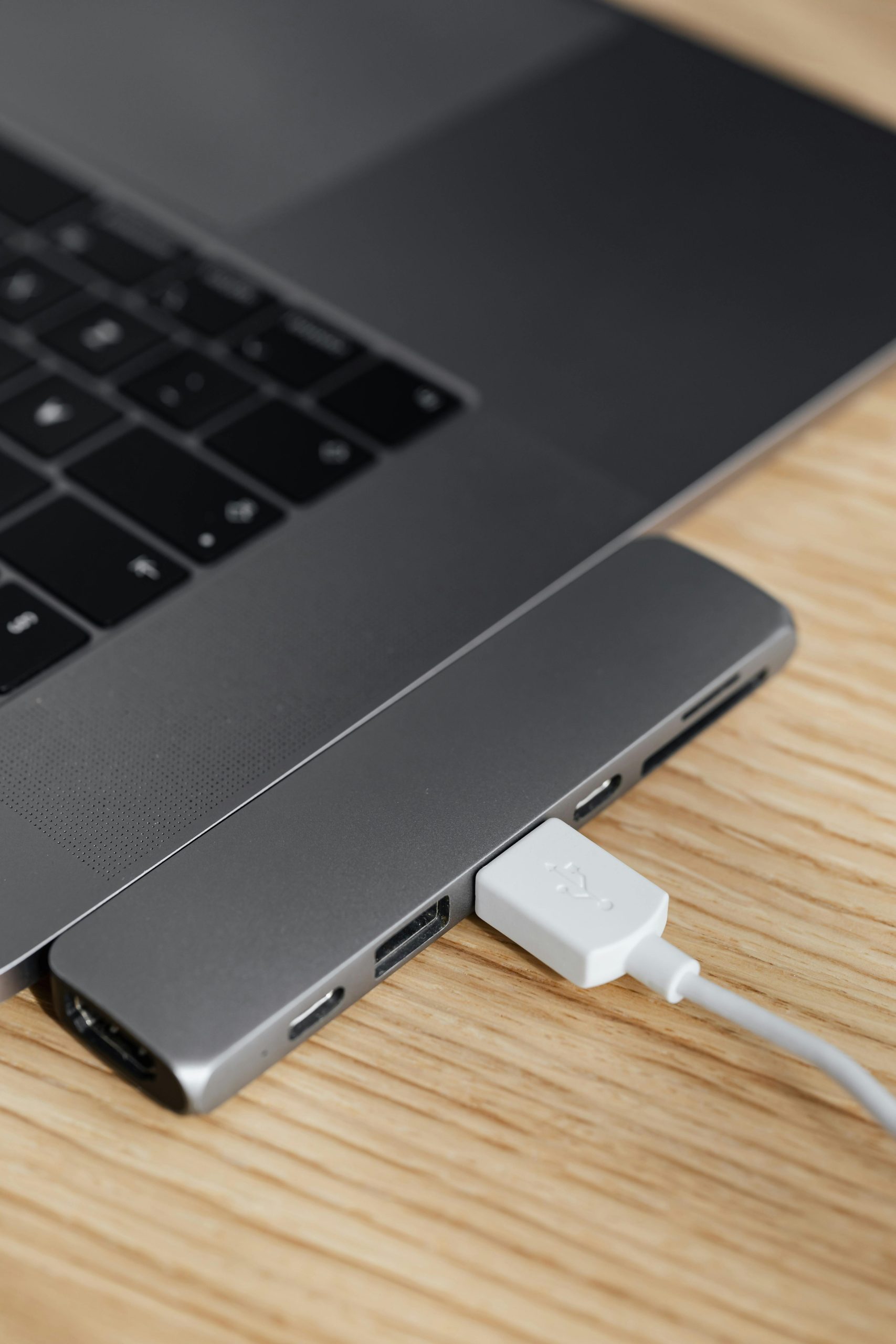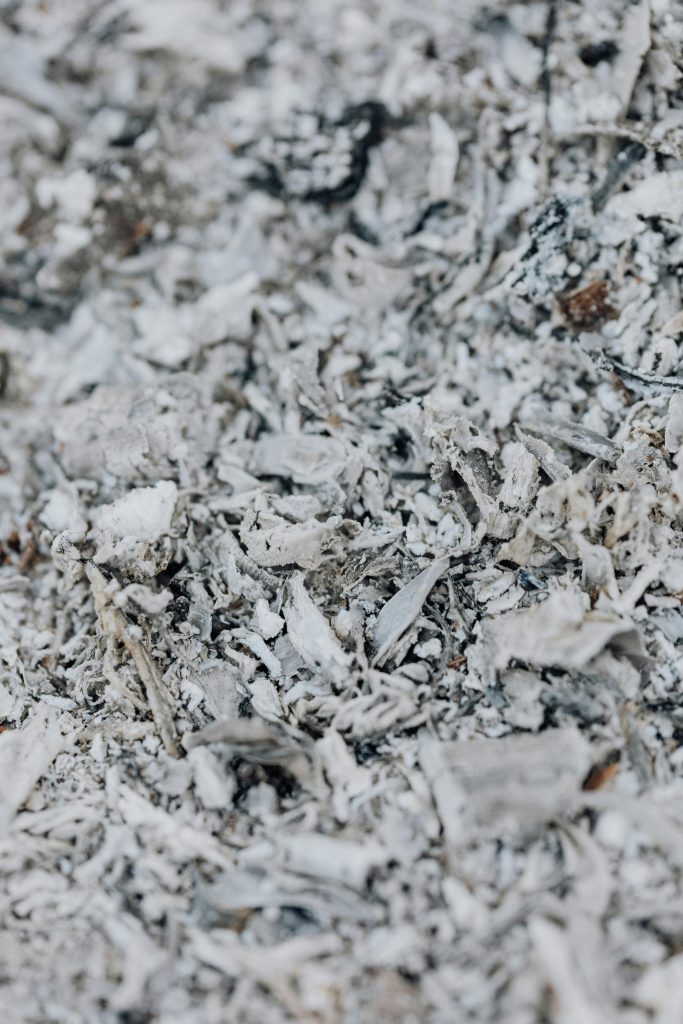Troubleshooting High CPU Usage on an HP Laptop: A Quick Guide
Many users encounter frustrating performance issues with their laptops, and one common problem is elevated CPU usage during routine tasks. Recently, a user reported that their HP laptop, powered by an Intel Celeron N3050 processor, consistently operates at a staggering 90-100% CPU utilization, even when performing simple actions like saving a document or transferring files. If you find yourself in a similar situation, you might be wondering what steps to take to resolve the issue.
Understanding the Hardware
The laptop in question is equipped with:
- CPU: Intel Celeron N3050 at 1.6 GHz
- RAM: 2 GB 1600 MHz (single slot)
- GPU: Intel HD Graphics
- Operating System: Windows 10 with the latest updates
With such modest specifications, it’s no surprise that the system struggles under the weight of modern software demands, particularly for tasks that should be relatively straightforward.
Potential Causes
High CPU usage can be attributed to several factors, including:
-
Limited RAM: With only 2 GB of RAM, the laptop may lack the resources necessary to efficiently handle multiple applications or processes, leading to increased CPU load.
-
Background Processes: Windows may have various background applications running, consuming significant CPU resources.
-
Outdated Drivers: Ensuring that all drivers, particularly those for graphics and chipset, are up to date can help improve performance.
Suggested Solutions
-
Upgrade Your RAM: Many users, including the individual in the original post, find that increasing RAM can substantially improve performance. An upgrade to at least 4 GB can make a noticeable difference in multitasking capabilities.
-
Monitor Background Processes: Use the Task Manager to identify any processes that are consuming excessive CPU resources. You can stop unnecessary programs from running at startup to optimize performance.
-
Clean Up Your System: Regularly removing temporary files and ensuring your system is free of malware can also minimize load times and CPU usage.
-
System Optimization: You might want to consider adjusting your Windows settings for better performance, such as switching to a more performance-driven power plan.
Conclusion
If you’re experiencing heavy CPU load on your HP laptop, you’re not alone, and solutions are at hand. It’s often as simple as upgrading your RAM and optimizing your system settings.
Share this content:




Hi, thank you for sharing your experience. High CPU usage during simple file transfers can often be caused by limited hardware resources or background processes consuming system power. Based on your setup with an Intel Celeron N3050 and only 2GB of RAM, your laptop might struggle with certain tasks, especially if multiple applications or background processes are running simultaneously.
Here are some steps you can take to troubleshoot and hopefully improve your situation: